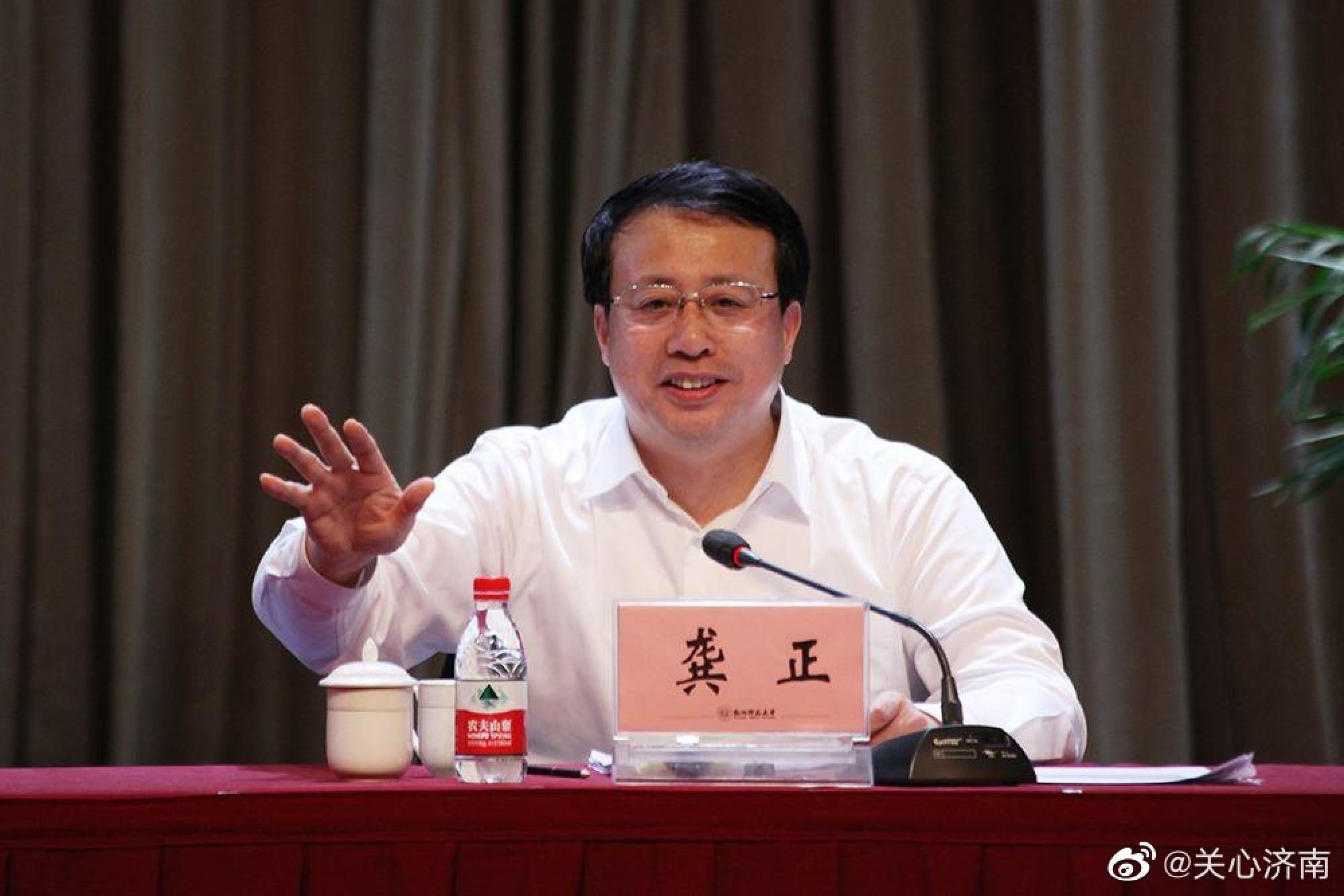
Shanghai targets 5.5 per cent consumption-led GDP growth for 2023 as it looks to recover ground lost to Covid lockdown
- Shanghai will strive to achieve economic growth of 5.5 per cent in 2023, despite the headwinds buffeting the global economy, according to Mayor Gong Zheng
- City’s GDP target could exceed the national goal of 5 per cent likely to be set at the National People’s Congress in March
“We will align the tasks of expanding domestic demand and deepening the supply-side reform to pursue healthy growth with stable employment and consumer prices,” he said in a report to the local legislature on Wednesday.
“Considering all factors, we suggest a 5.5 per cent GDP expansion target,” Gong added, referring to the uncertainties in the global economy, such as rising interest rates and the possibility of recession in the West, which could affect demand for goods manufactured in the city.

However, there is a strong possibility the city’s GDP target could be higher than the 5 per cent national goal likely to be set by the State Council during the National People’s Congress in March, when the twice-a-decade government reshuffle concludes, according to Xu Mingqi, a researcher with the Shanghai Academy of Social Sciences and an economic adviser to Shanghai’s leaders.
The mayor did not disclose the city’s full-year growth in 2022.
“A low base [in 2022] and easing of pandemic curbs have laid the foundation for an economic recovery this year,” said Wang Feng, the chairman of Shanghai-based financial services group Ye Lang Capital. “The key question is whether Shanghai can attract more hi-tech firms in the fields of semiconductor, artificial intelligence and new energy to pave the way for sustainable growth in the next decade.”
On December 7, China’s cabinet published a 10-point guideline to relax pandemic curbs, drop mass testing, health codes and centralised quarantine requirements. Beijing also reopened its borders and abandoned quarantine for incoming travellers from Sunday.
Late last month, Shanghai Academy’s Xu had predicted that the city’s GDP would grow 6 per cent in 2023, noting that Shanghai would benefit from the reopening of the Chinese economy coupled with its status as the mainland’s gateway for foreign businesses and capital.

Shanghai has also fast-tracked approvals of new infrastructure projects to underpin economic growth since July.
Mega projects such as metro lines, museums, theatres, data centres and research institutes were kicked off to create a cascade of demand for industrial products that can help support the employment rate and help manufacturers sustain profitability.
But analysts said the construction spree will not be sustainable and suggested that the city government roll out incentives to stimulate consumption.

